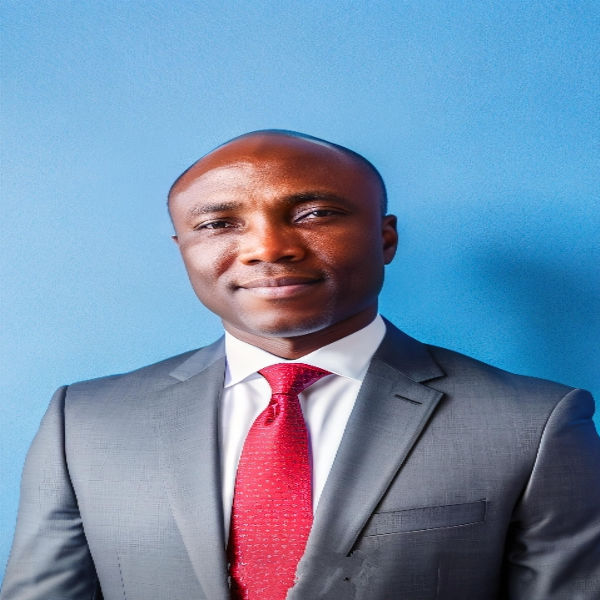431
By Tracy Moses
A University of Ibadan academic, Dr. Olawumi Adisa has raised serious concerns over what he described as the increasing politicisation of leadership appointments in Nigeria’s specialised and research-based institutions.
In a statement titled “Safeguarding Nigeria’s Intellectual Integrity: A Dissenting Voice Against the Politicisation of Specialised Institutions,” Dr. Olawumi Adisa of the Department of Human Kinetics, Faculty of Education, University of Ibadan, called on President Bola Ahmed Tinubu to end the growing trend of placing political actors at the helm of institutions meant for research, innovation, and professional development.
Dr. Adisa specifically criticised the recent appointment of Mr. Philip Shaibu, a former Deputy Governor and known political figure, as Director-General of the Nigerian Institute of Sports (NIS), saying the decision signals “a troubling departure from merit and professionalism.”
“The appointment of Mr. Shaibu, a career politician with no academic or professional training in sports science, is not only inappropriate, it is a clear affront to the values that institutions like the NIS were established to uphold,” Dr. Adisa stated.
“This is not a ceremonial post; the Director-General of NIS is expected to lead research, design curriculum for sports coaching, and develop strategies for national athletic performance. We cannot afford to treat such a critical post like a political reward.”
He called on the Federal Government and the National Assembly to urgently review recent appointments in specialised agencies to ensure alignment with the core mandates of such institutions.
“We must ask ourselves: are we building institutions that can compete globally, or are we simply creating political retirement homes? Our actions today will determine the relevance and effectiveness of our institutions tomorrow.”
Dr. Adisa urged the President to champion reforms that will prioritise competence and academic pedigree in appointments, saying it would reflect the administration’s commitment to excellence.
“Nigeria is blessed with experts, seasoned academics, professionals, and scholars, who have dedicated their lives to research and capacity development. Sidestepping them for individuals with zero professional history in the field is a grave disservice.”
He also drew historical parallels to previous controversial appointments, recalling the 1996 decision to install retired Major-General Mamman Kontagora as sole administrator of Ahmadu Bello University, which was widely criticised as an attack on academic freedom.
“That appointment under the Abacha regime remains a dark stain in the history of Nigerian academia. Today, we are seeing history repeat itself, albeit in a different form. If we failed to learn then, we must not fail now.”
Warning of the consequences of politicised leadership in research institutions, Dr. Adisa said:
“When expertise is sacrificed for loyalty, the result is predictable, reduced institutional capacity, loss of credibility, and a demoralised workforce. We cannot continue to allow our institutions to be weakened from the top.”
He concluded by recommending the establishment of clear, transparent criteria for appointments to leadership positions in all research and specialised institutions.
“Let us institute a merit-based framework anchored in academic and professional excellence. That is the only way we can truly reposition our research institutions for greatness.”



